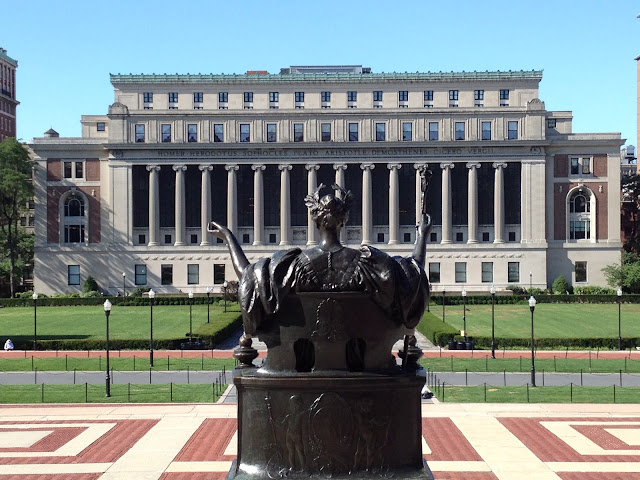The United States Supreme Court is wrong in its ruling Thursday that affirmative action is unconstitutional. The easiest way to understand why is to consider what, if not race, colleges can still consider when evaluating students for admission.
Can they use athletic ability as a guide? Sure! How are the Big Ten supposed to field competitive football teams otherwise?
Can they give special consideration to legacy applicants — the children of grateful alumni? Of course. If the college goes broke it can’t admit anybody, and multi-generational bonds bring home the bucks.
Foreign students paying full freight? Check. Hollywood stars stepping back from the limelight? Double check.
As anyone knows who has ever taken a prospective freshman tour, led by a perky sophomore fiercely proud of her ability to walk backwards while delivering paean of praise to alma mater, colleges consider all sorts of qualifications. If they need someone from Idaho so they can say they enroll students from all 50 states, the bar is nudged downward for an Idaho applicant. If the band is short on trombones, then this is the lucky day for rising seniors who list “trombone” as their passion.
But being Black or Asian, apparently, doesn’t affect one’s life the way, oh, being captain of the high school chess team does. Not according to the Supreme Court. Ruling in two lawsuits, against Harvard and the University of North Carolina, it decreed that their efforts to ensure an integrated college violated the 14th Amendment guaranteeing “equal protection under the law.”
Or in Chief Justice John Roberts’ words: “The student must be treated based on his or her experiences as an individual — not on the basis of race. Many universities have for too long done just the opposite. And in doing so, they have concluded, wrongly, that the touchstone of an individual’s identity is not challenges bested, skills built, or lessons learned but the color of their skin. Our constitutional history does not tolerate that choice.”
Or in Chief Justice John Roberts’ words: “The student must be treated based on his or her experiences as an individual — not on the basis of race. Many universities have for too long done just the opposite. And in doing so, they have concluded, wrongly, that the touchstone of an individual’s identity is not challenges bested, skills built, or lessons learned but the color of their skin. Our constitutional history does not tolerate that choice.”
To continue reading, click here.











